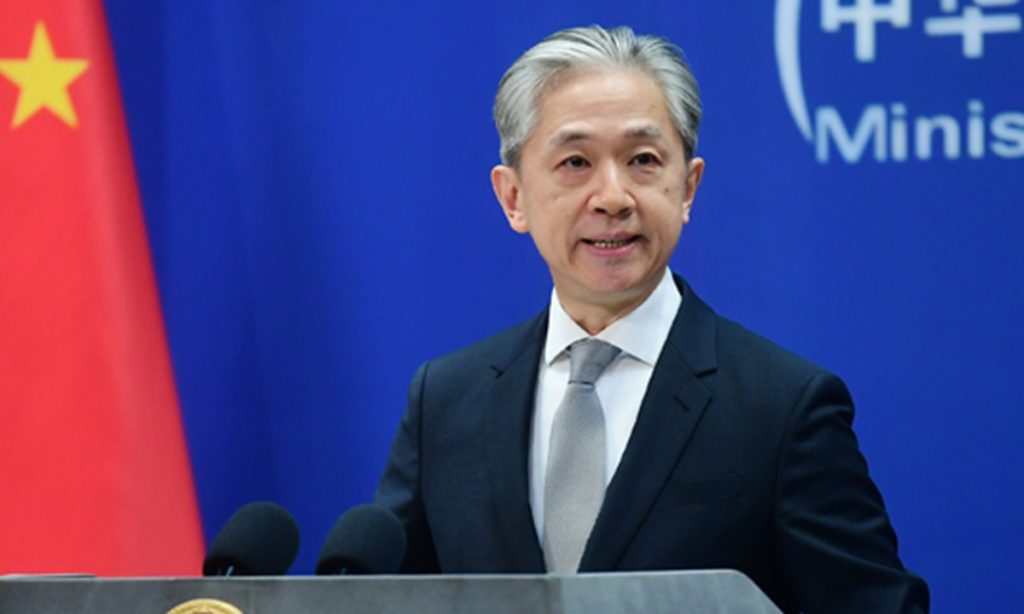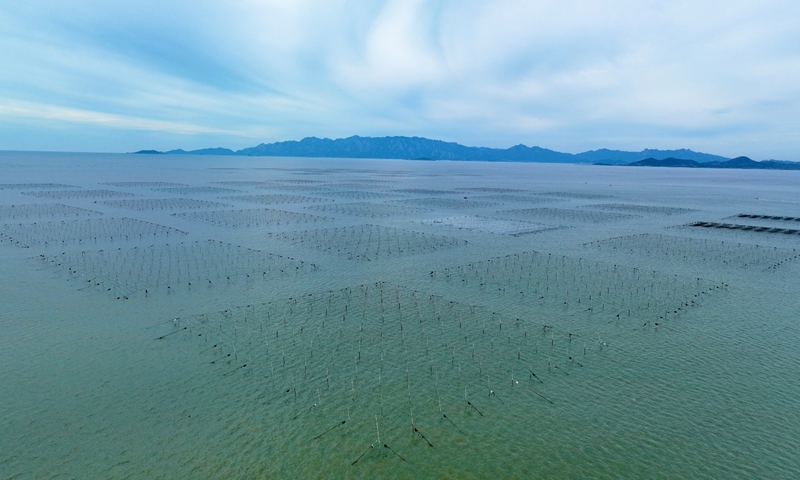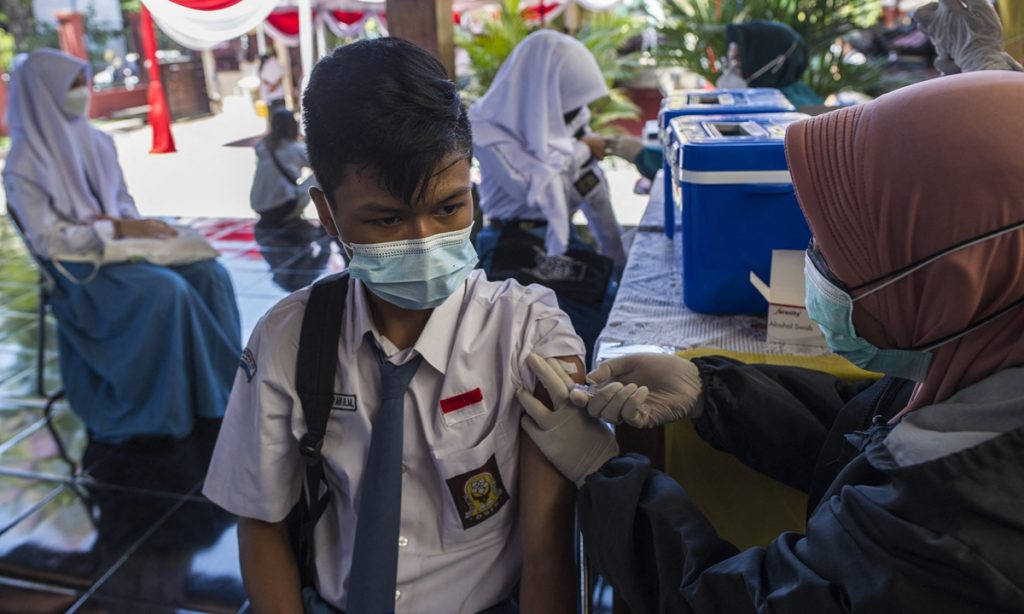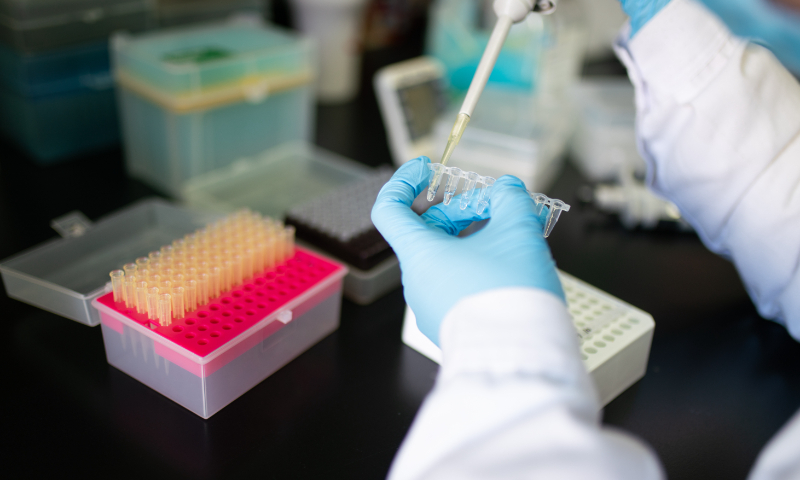Josep Borrell’s China visit expected to address differences, strengthen ties
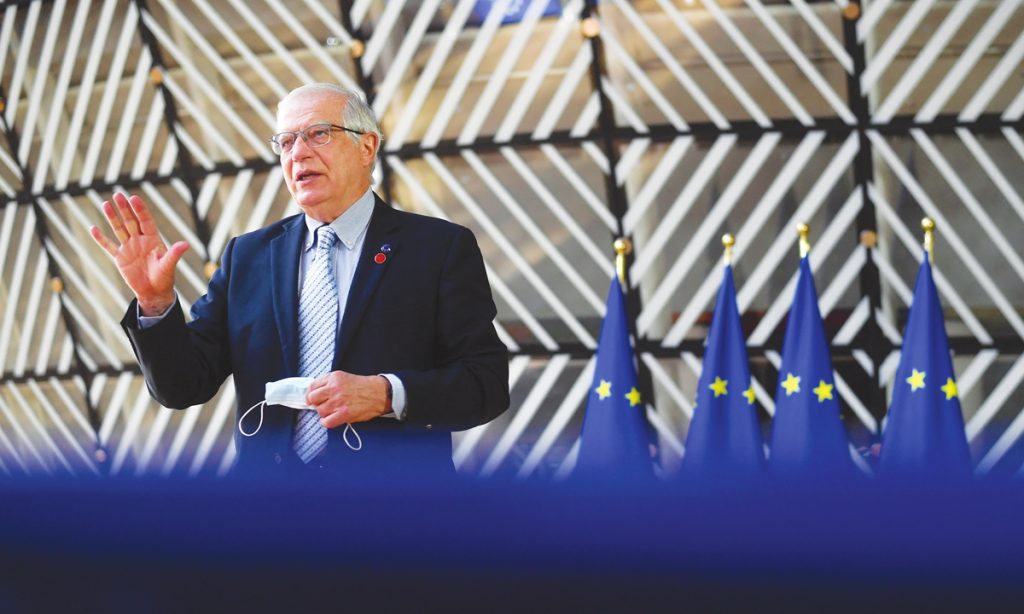
At the invitation of Member of the Political Bureau of the CPC Central Committee and Foreign Minister Wang Yi, Josep Borrell, High Representative of the European Union for Foreign Affairs and Security Policy and Vice-President of the European Commission, will pay a visit to China. The two sides are expected to discuss bilateral relations as well as foreign policy and security issues. The visit comes as the EU seeks to reduce its reliance on China while maintaining ties with the world's second-largest economy.
Recently, the EU formally launched an anti-subsidy probe into electric vehicles (EVs) manufactured in China. The anti-subsidy investigation is arbitrary, without adequate evidence to sustain it, and not in compliance with pertinent WTO regulations, which is adversely impairing the rights of Chinese companies. If Borrell's intention is to explain the EU's actions, he might be disappointed.
Gao Jian, the director of the Centre for European Studies at Shanghai International Studies University, told the Global Times that the EU chose to "de-risk" when it realized that it was not able to achieve the decoupling that the US has been touting. Cui Hongjian, a professor with the Academy of Regional and Global Governance at Beijing Foreign Studies University, believes that the EU wants to re-establish its prestige by talking about de-risking.
However, there are still disagreements within the EU regarding "de-risking," making it difficult for the bloc to reach a consensus.
Take the anti-subsidy probe. The rapid development of Chinese EVs is not entirely seen as a "risk" for the EU. Some countries think that the rapid growth of Chinese EVs in Europe could potentially threaten the European EV industry. However, Germany, for instance, has a long-term cooperation in the EV industry with China. German Chancellor Olaf Scholz has poured cold water on the EU's anti-subsidy investigation, warning against taking protectionist actions that could harm domestic industries.
In fact, the EU has failed to recognize the true source of the "risks" it is facing. Since the US provoked the Russia-Ukraine conflict, it has been reaping the wealth of the EU in terms of weapons and energy, causing many EU members to fall into an economic crisis. It is not China but the US that has caused real economic damage to Europe, according to Gao. Gao noted that the so-called risks the EU attributes to China are actually caused by their close ally across the Atlantic and the EU is simply replicating the US model of "decoupling with China" without knowing its own demands.
China has always attached great importance to the development of bilateral relations with Europe based on equality and mutual benefits. The EU needs to deeply understand and recognize China's principles. It is wishful thinking to expect China to make concessions that harm its own interests.
Cui said that the EU's anti-subsidy probe into Chinese EVs can be a litmus test. If the EU can respond to China's concerns properly, it can steer the wheel back to pragmatically solving divergences and problems with China. But if the EU wants to use Borrell's visit to reinforce the EU's negative policies toward China, the unstable status of China-EU ties will continue.
During Borrell's visit, the two sides will hold the 12th round of China-EU High-level Strategic Dialogue. Borrell might serve as a precursor to the China-EU Summit scheduled for later this year. The visit is a clear indication that the EU understands the value of bilateral economic and trade ties, and that China will not sit still if the EU adopts confrontational tactics. It's hoped the EU could seize the chance of Borrell's visit to solve bilateral frictions in the economic field and increase political mutual trust with China.
